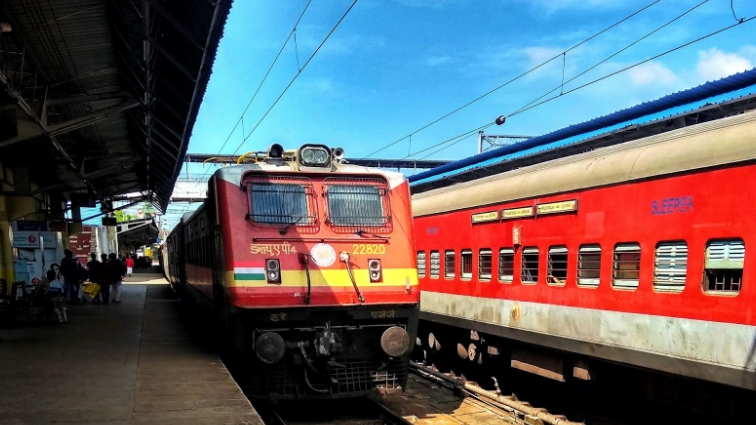
With the upcoming Union Budget, the nation eagerly awaits the government’s budgetary allocations and plans for the fiscal year 2024-25. With over two decades left to achieve the vision of ‘Viksit Bharat’ or ‘Developed India’, the government is highly focused on strengthening its infrastructural development. The government may allocate a substantial amount of funds as they are looking to focus on modernising the railway facilities. There are also speculations that most plans were concocted by keeping the masses in mind. Since 1924 and post-independence, the Railway Budget was presented separately from the Union Budget. However, from the financial year 2017-18, the Railway Budget was merged with the Union Budget. This was mainly done to align the Railway Budget with the broader economic policies and to streamline resource allocation and decision-making. In the Interim Budget presented by the Finance Minister, Nirmala Sitharaman, the Railway Ministry was provided funds of around Rs. 2.5 lakh crore. It is anticipated that the Union Budget allocation for the railway sector may see a 10-15% increase that can almost reach Rs. 3 lakh crore. This year, the Budget is expected to allocate funds to expand the metro network, increase Vande Bharat trains and NaMo Bharat corridors, and create high-speed corridors. It will prioritise improving passenger capacity by increasing the number of coaches and upgrading existing trains. The Railway Minister Ashwini Vaishnaw recently disclosed the production of 2.500 new general passenger trains, with approval for 10,000 coaches. Extra trains will also run on busy routes to meet the high demand. The Budget is likely to address allocations concerning passenger safety as an important concern. Installing the Kavach anti-collision system on railway tracks and station equipment is approximately Rs. 50 lakh per kilometre. Moreover, a significant workforce and funds will be required to implement and oversee advanced safety measures. The Railway Budget will also have significant economic implications as it plays a crucial role in job creation. The new plans for the future will demand construction workers, engineers, and those involved in getting materials and assembling trains. Moreover, improving railway networks can expand connectivity, lower transportation costs, and make goods more affordable for consumers, ultimately stimulating economic activity. With India’s first Bullet train connecting Mumbai and Ahmedabad under construction, the country is witnessing an era of faster, more advanced and more efficient railway networks. Overall, the Railway Budget could significantly contribute to the nation's progress, aligning with the broader vision of a developed and prosperous India.
22 Jul 2024
Sri Haritha Bandreddi